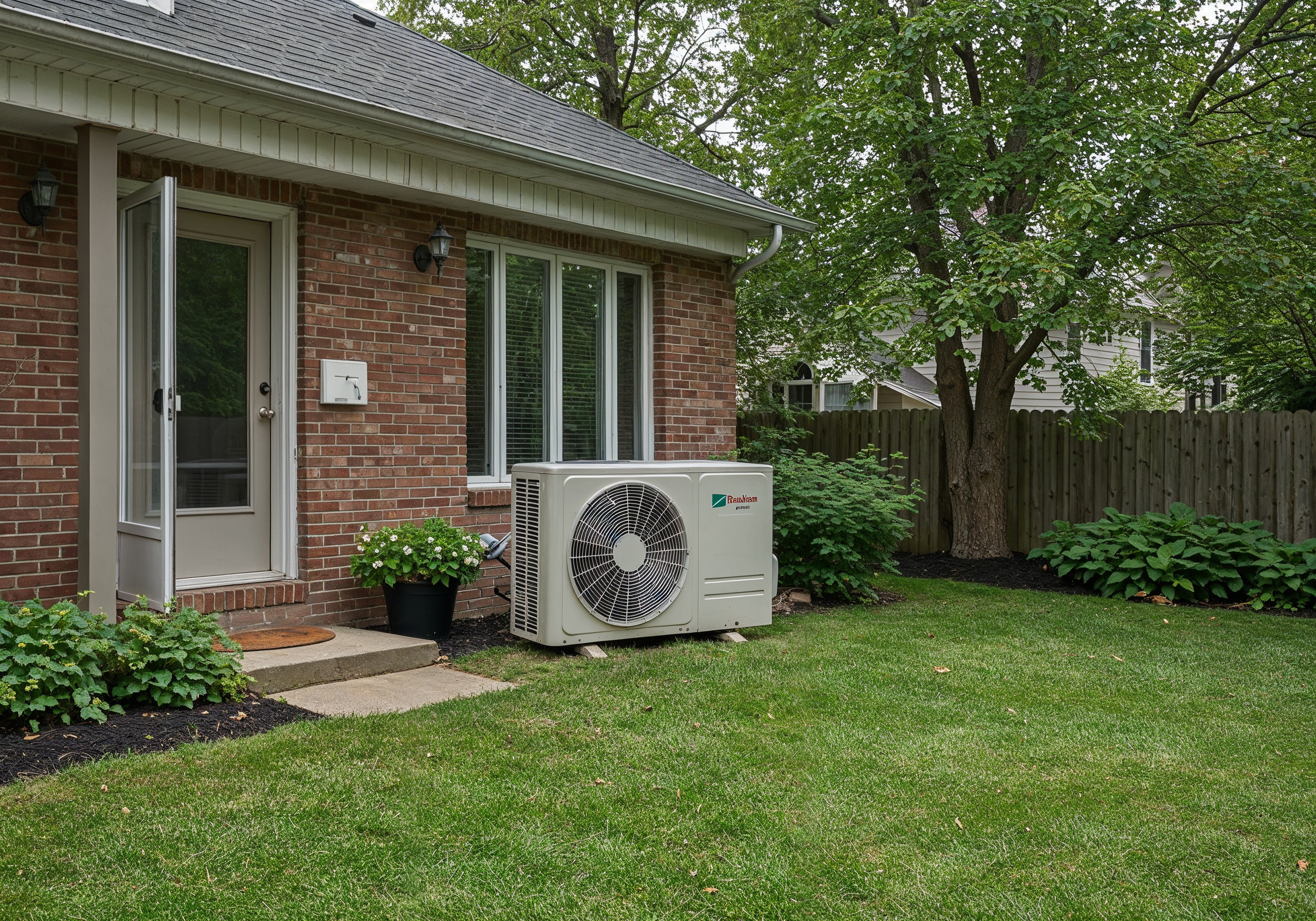Does Closing Vents in Unused Rooms Save You Money?
It may seem that covering vents in empty rooms would save energy and money by lowering the required amount of both to heat and cool the space. But if you block your vents, your heating and cooling system will have to work more to maintain a comfortable inside temperature.
The purpose of heating and cooling systems is to disperse a specified amount of air throughout a home. Your system may get clogged if you shut a vent. By shutting these vents, the air should be routed to the open vents in the rooms in use.
You may think that since your HVAC system has less room to cool or heat, its work is simpler and your house is more pleasant. However, your HVAC system doesn\’t function quite like that. This article explains why you should always keep your air vents open.
Reasons to leave air vents open
Some people block vents in an effort to reduce their monthly energy bills. You may be shocked to hear that blocking air vents in empty rooms causes your HVAC unit work harder, thus increasing your expenses.
It doesn\’t matter how many vents you leave open; your air conditioner is programmed to blow out a certain quantity of air depending on your house size. Therefore, don\’t ever close your vents since doing so won\’t save you money.
Air conditioning and heating systems often use a regulated amount of pressure to force air through the ducts. By closing a vent, you impede the air flow in your system. Due to the uneven air pressure, your HVAC system will have to work harder to maintain a suitable temperature inside your house.
Closing vents increases the pressure in your system since there are now fewer locations for the air to flow. As a result, pressure builds up within your ducts and might cause leaks. Leaks result in energy waste and increased electricity costs.
When vents are blocked, the unit must work harder, which often results in an overheated air handler, frozen evaporator coils, or even a burned-out compressor. Therefore, blocking your vents will ultimately result in costly repairs.
Tips for reducing HVAC expenses
There are other ways to reduce your energy use and save money on your monthly bills without blocking your vents. Closed vents may cause significant fixing problems, and you don\’t want to pay for unneeded repairs. Adding zones to your HVAC system might be a more cost-effective alternative. For people who live in two-level houses, these methods are beneficial.
In a zoned system, there are two thermostats. Each floor can be heated or cooled independently by using its own thermostat. The easiest approach to regulate the temperature without risking damage to your equipment is to install a zoned heating and cooling system.
Now that we are aware that blocking vents will neither reduce your energy costs nor improve the performance of your HVAC system, let\’s look at some other alternatives.
- Try to maintain 78 degrees on your thermostat. This is the optimum setting for minimizing energy costs.
- Reduce the temperature of your air conditioner at night, or utilize the sleep mode on your thermostat.
- Schedule routine maintenance to ensure that your HVAC system is operating as effectively as possible.
- Use a window air conditioner or a portable AC unit to cool down just one room. This will chill any room it is placed in for a fraction of the cost of central air conditioning.
- Install a thermostat that can be set to regulate the temperature automatically while you are gone or asleep. According to studies, installing a programmable thermostat can help households save 10 to 30% on their heating and cooling expenses.
- Even in the cold, keep your ceiling fans on. During the summer, your ceiling fans should be configured to revolve counterclockwise (to the left) in order to force cool air downward. To change the direction of your ceiling fan, just flick the switch on the side of its base.
- Think about installing storm windows, a sliding door, or more insulation in your attic for reducing energy loss.
In order to cool down or warm up the bottom floor of a two-story house, many homeowners shut the vents. You may believe this is an excellent option, but the advantages are ephemeral. If you must partition rooms to increase comfort, there is an issue with your system. A well-functioning unit should maintain a pleasant temperature in every room. Any problems with temperature regulation may indicate that your system requires maintenance. You must consult with a qualified HVAC expert.
Problems caused by closing vents
When you seal up vents in different rooms, the pressure in your system rises. When you block off one part, you endanger your whole system. Static pressure in residential air vents might result in problems.
- Can lead to HVAC system leaks
- Can worsen pre-existing leaks
- Reduces efficiency of the HVAC system
- May result in carbon monoxide leakage if the infrastructure is destroyed.
- Can increase pressure within your ducts and might cause leaks.
Conclusion
Closing vents in unused rooms does not cut energy costs. If you want the unit to function at peak efficiency, you should keep the vents open. This will help you save money on energy expenditures and maintenance fees throughout the lifespan of your system.
We advise leaving as many vents and internal doors open as possible. Simply because the volume of air that is produced by the heater or air conditioner is unchanged by the number of vents that are open in the room.
The extra pressure caused by blocking a vent might induce air leaks in your system, resulting in wasteful and long-term energy loss. Air leaks make the unit work harder to maintain a pleasant home temperature. Additionally, blocking vents can cause serious problems with your HVAC system, resulting in inefficient functioning and expensive repairs.
Remember that regular HVAC maintenance and an efficiency audit can save your heating and cooling bills significantly. Contact us now for a free consultation on how to safely and efficiently increase the energy efficiency of your house.
 905-780 3262
905-780 3262

